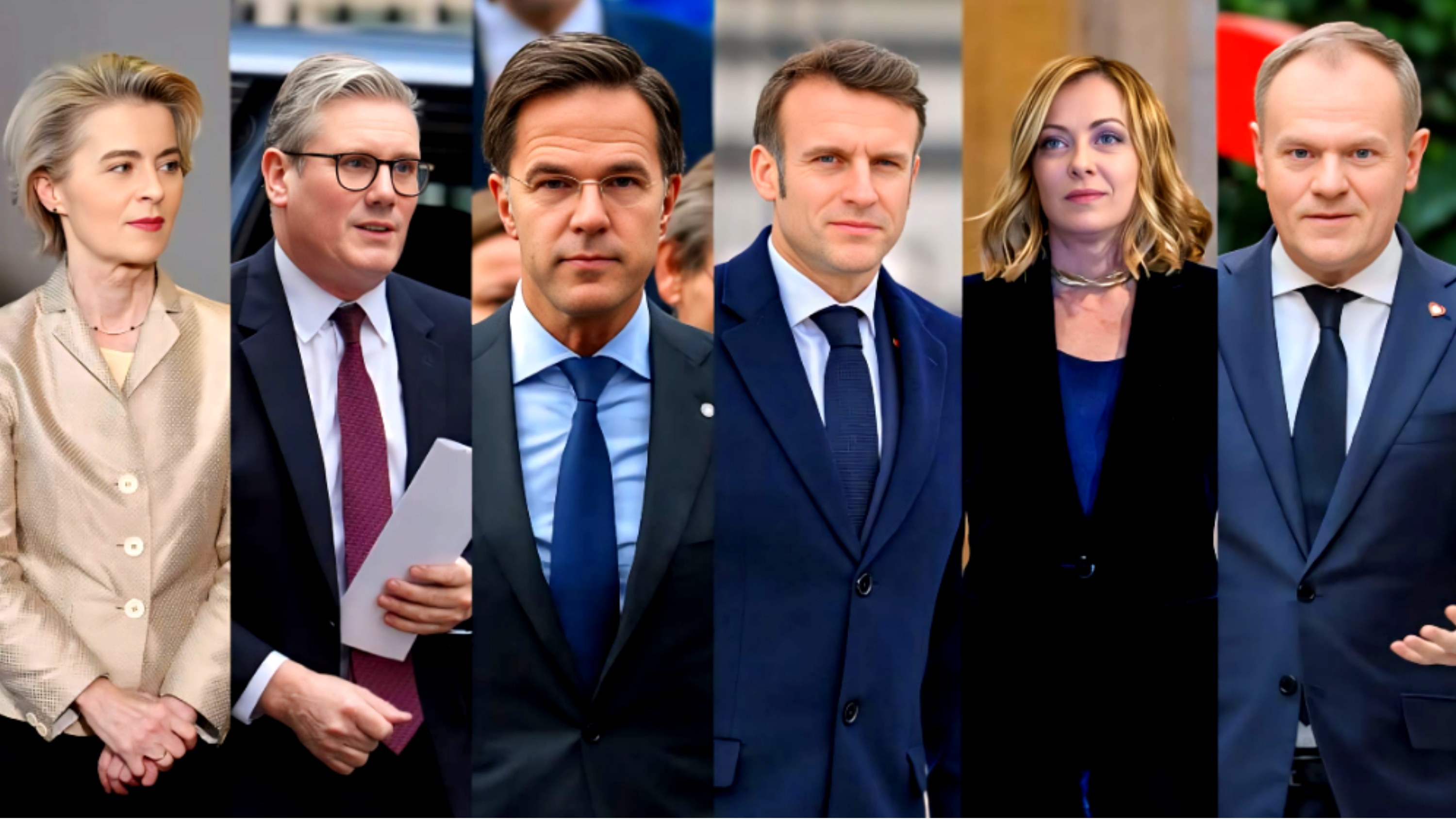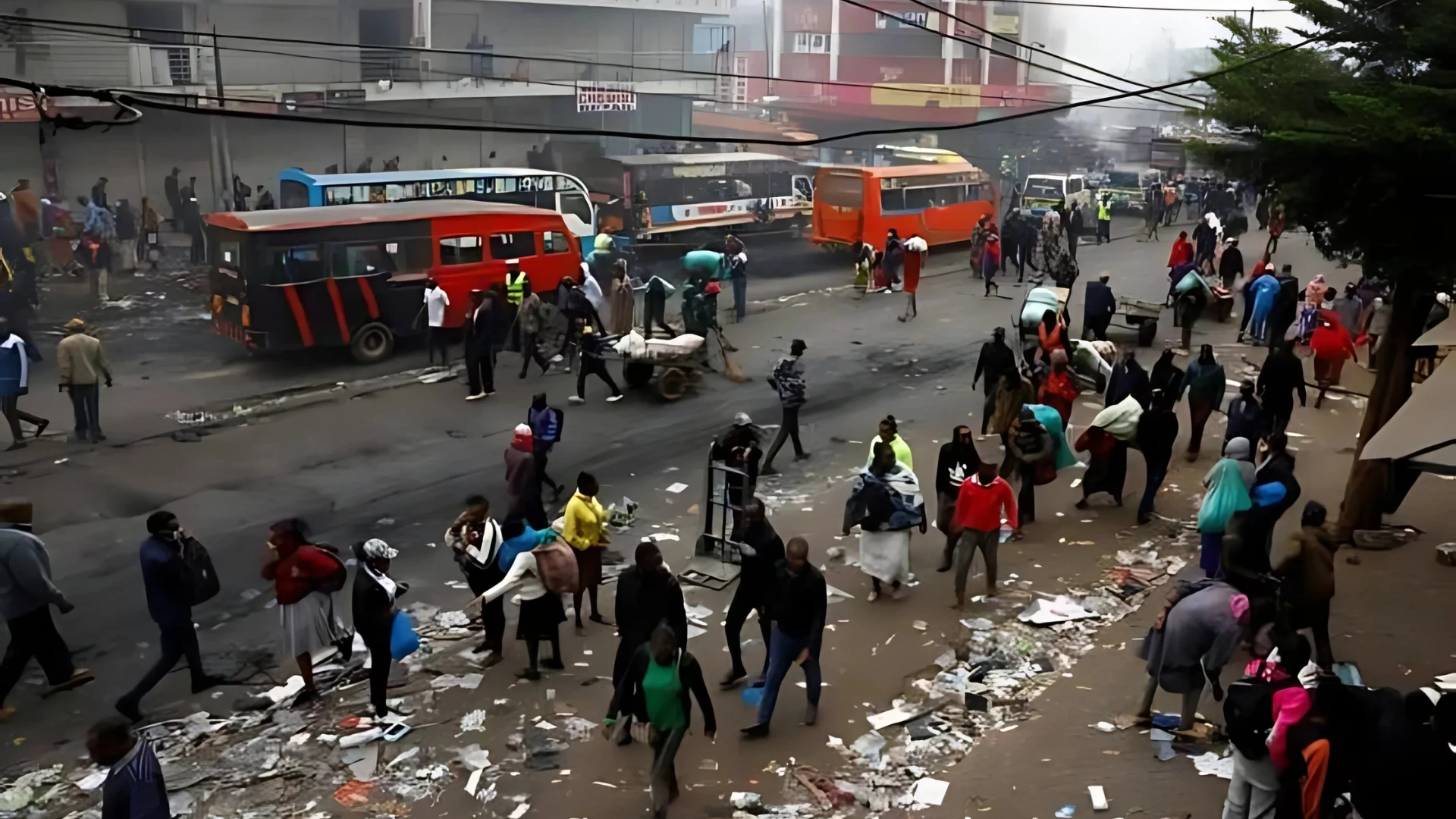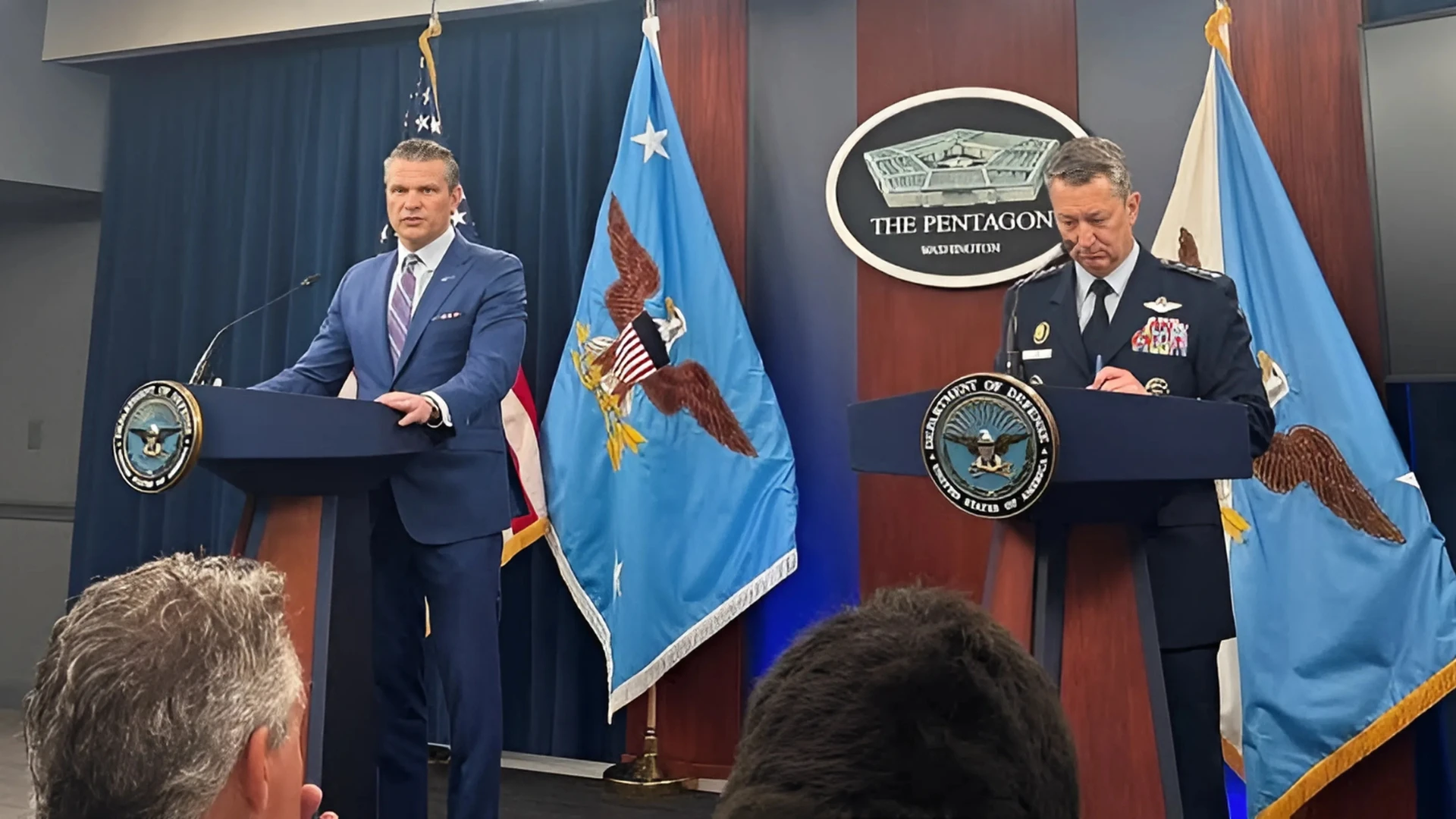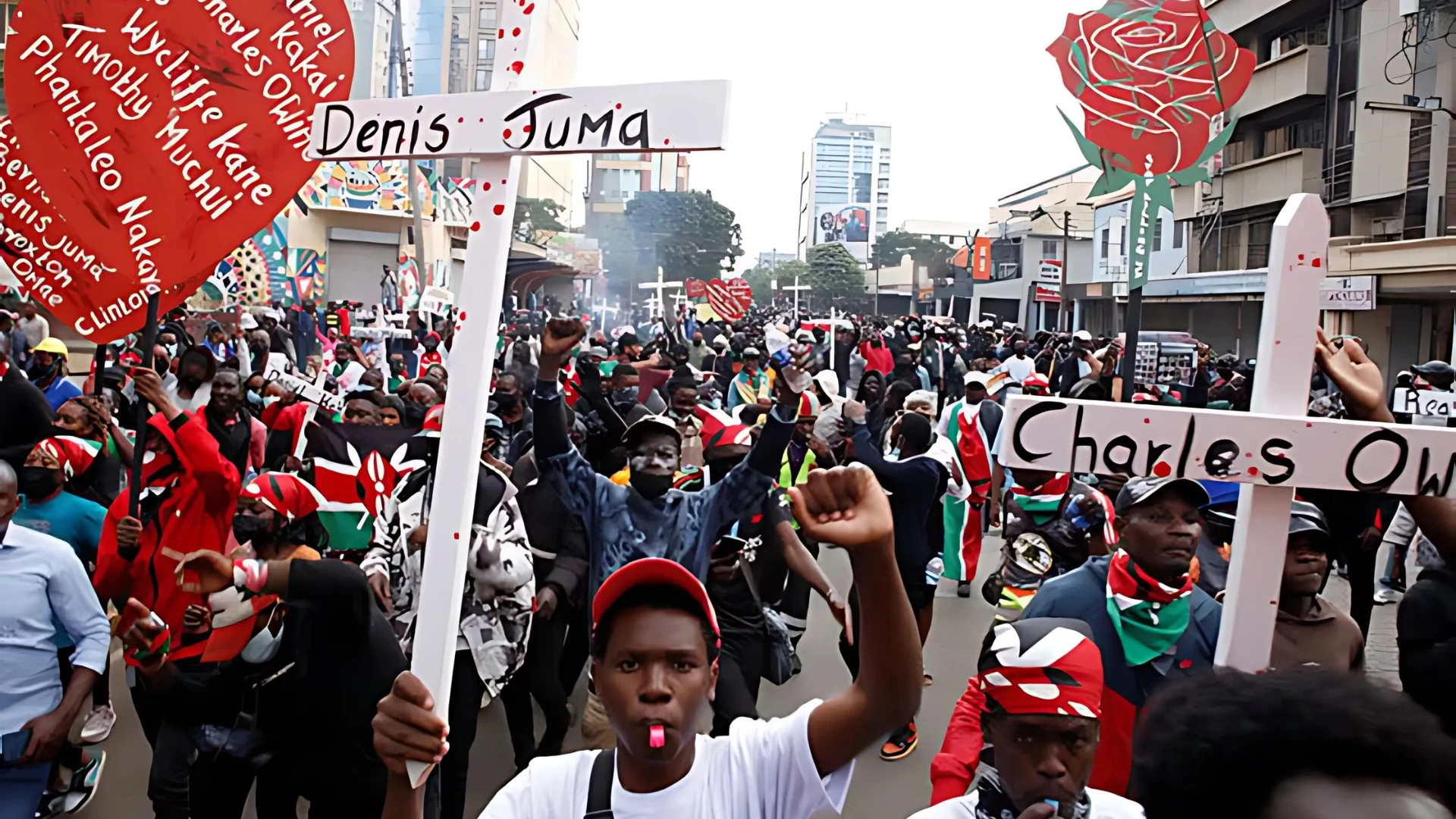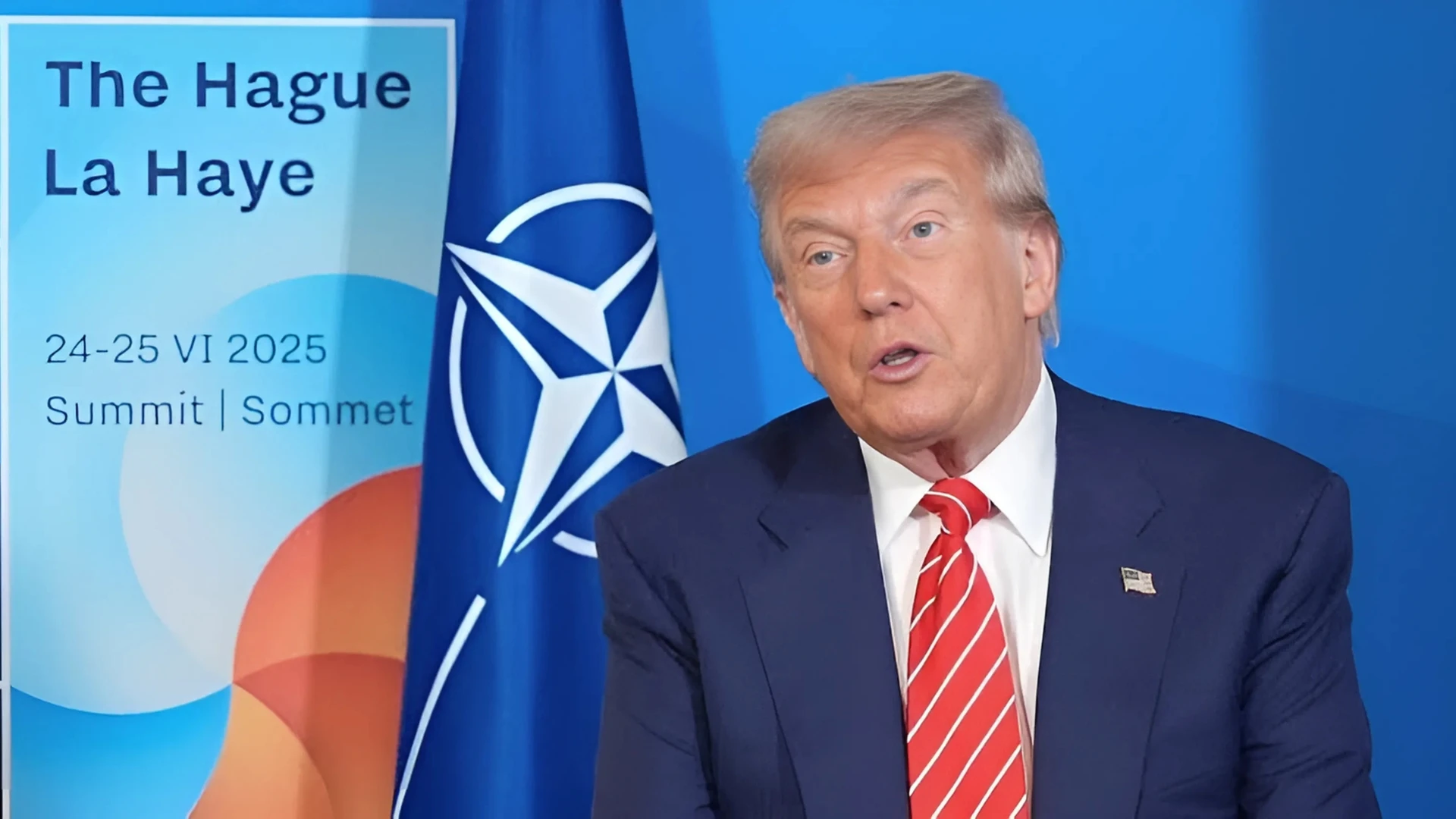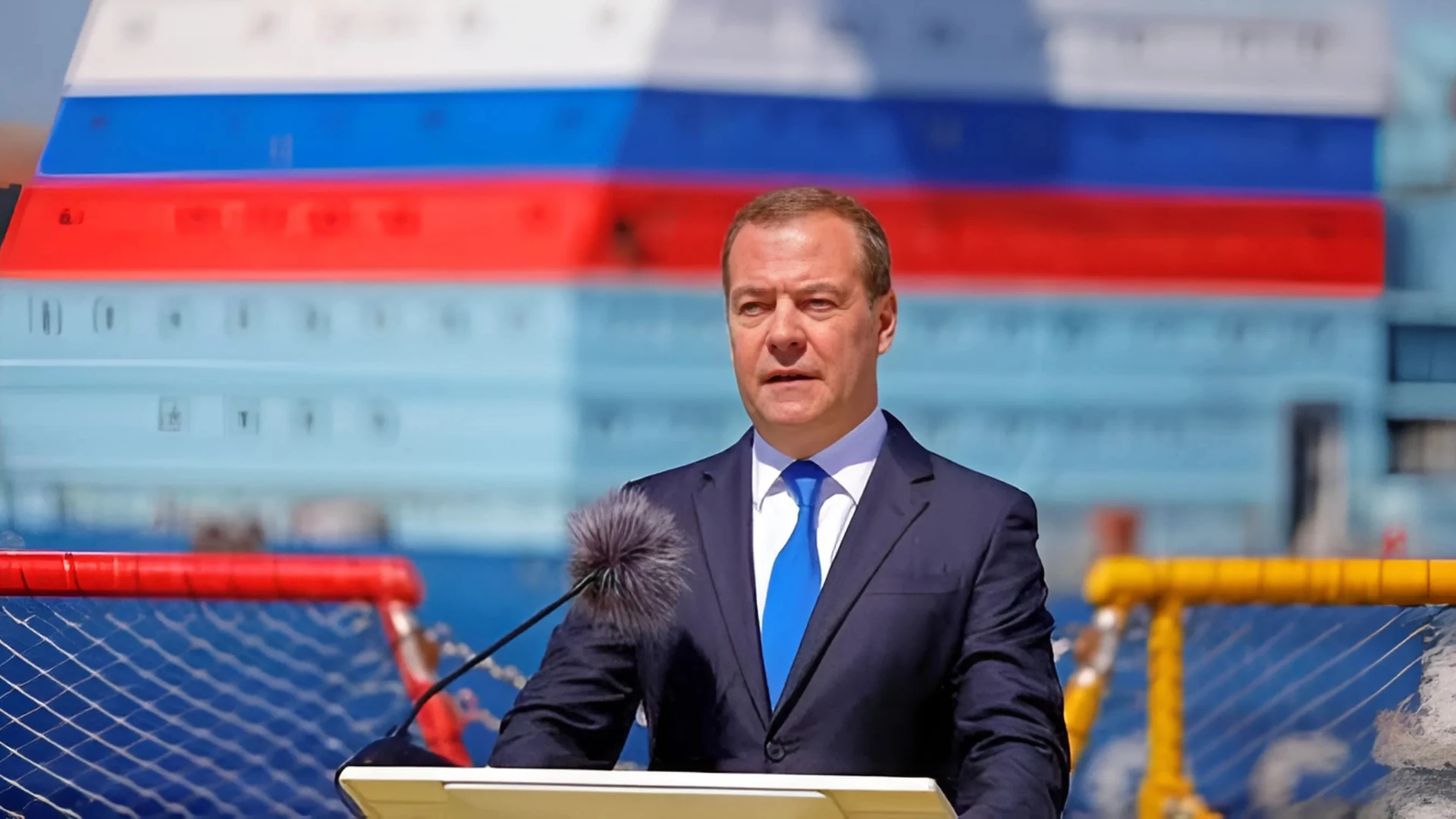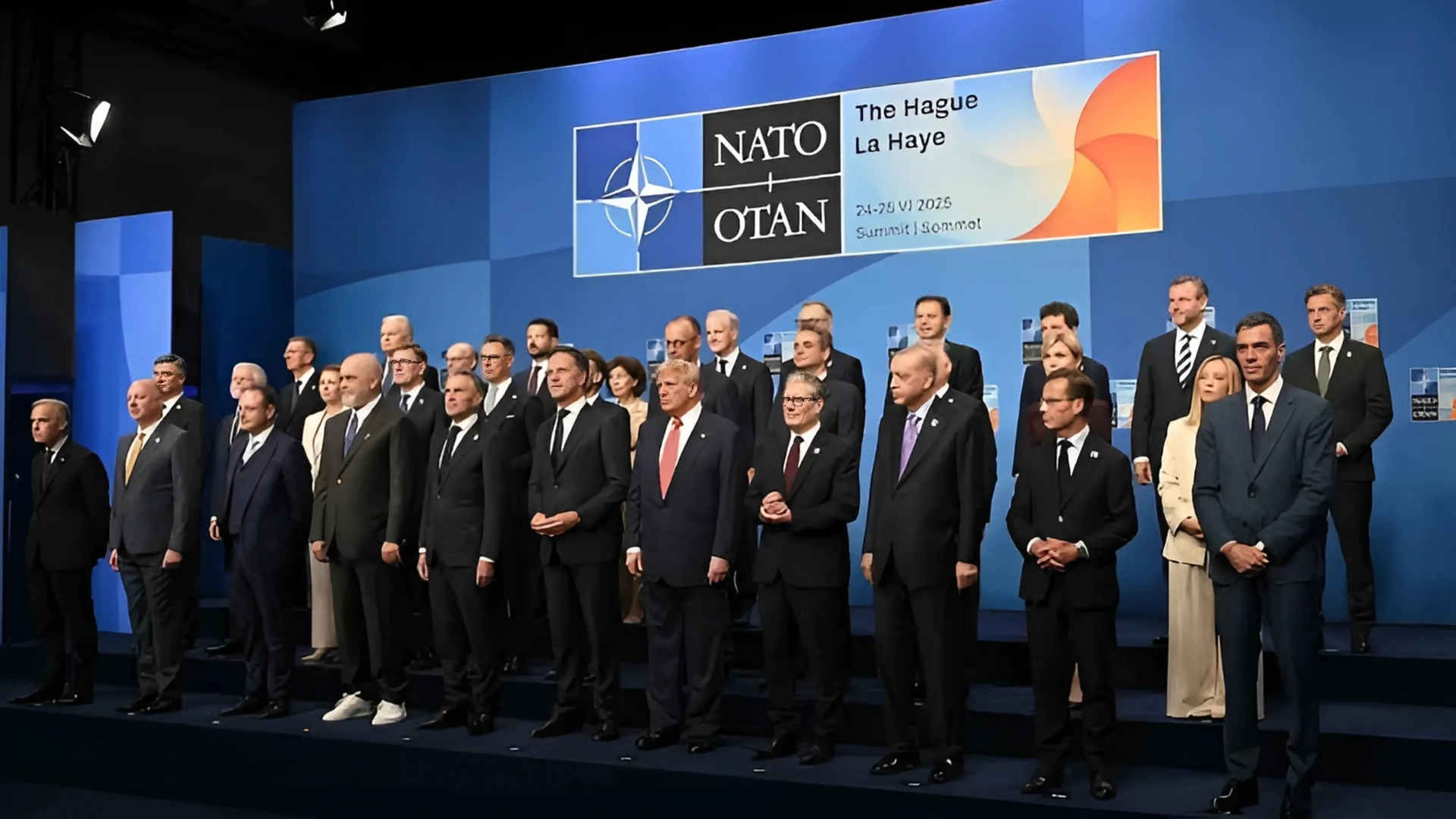Paris: After three hours of emergency talks at the Élysée Palace, European leaders failed to reach a consensus on deploying peacekeeping forces to Ukraine.
The meeting, hosted by French President Emmanuel Macron, came in response to a U.S. diplomatic push that has shaken trans-Atlantic unity on the issue.
Attended by the leaders of Germany, the UK, Italy, Poland, Spain, the Netherlands, and Denmark, along with NATO Secretary-General Mark Rutte, European Commission President Ursula von der Leyen, and EU Council President António Costa, the discussions highlighted deep divisions.
Poland, for instance, expressed reluctance to commit troops to Ukrainian soil, while Macron remained non-committal. Meanwhile, British Prime Minister Keir Starmer emphasized the need for U.S. involvement, stating that American security guarantees were crucial in preventing further Russian aggression. He signaled openness to deploying British forces—provided a lasting peace deal was in place.
Dutch Prime Minister Dick Schoof acknowledged the necessity of European contributions, arguing that securing a seat at the table required more than symbolic gestures. “If security guarantees mean European troops are needed, then the Netherlands should at least consider the discussion,” he said.
However, German Chancellor Olaf Scholz dismissed any immediate talk of sending troops, calling it “premature” and “highly inappropriate.” He stressed the uncertainty surrounding any potential peace negotiations.
Despite differing views on troop deployment, European nations agreed on the need to strengthen their own military capabilities. Many have increased their defense budgets to meet NATO’s 2% GDP target, but questions remain about how to reach a higher threshold of 3%. Poland, which already spends over 4% of its GDP on defense, has been particularly vocal about boosting European security.
“The need for a stronger European defense is undeniable,” said Polish Prime Minister Donald Tusk. “There is unanimous agreement on increasing defense spending—it is an absolute necessity.”
The meeting followed recent sharp criticism from U.S. Vice President JD Vance and Defense Secretary Pete Hegseth, who questioned both Europe’s commitment to security and its democratic values.
Macron, a long-time advocate of European defense autonomy, admitted that the U.S. officials’ remarks, along with threats of non-cooperation, were a wake-up call. Tensions escalated further when U.S. President Donald Trump took the unprecedented step of engaging in direct talks with Russian President Vladimir Putin to seek an end to the ongoing war.
Ahead of the Paris meeting, Macron spoke with Trump in a private 20-minute conversation, though the French presidency declined to disclose details.
As Europe grapples with its defense strategy and the future of its alliance with the U.S., the question of military involvement in Ukraine remains a source of division among its leaders.


